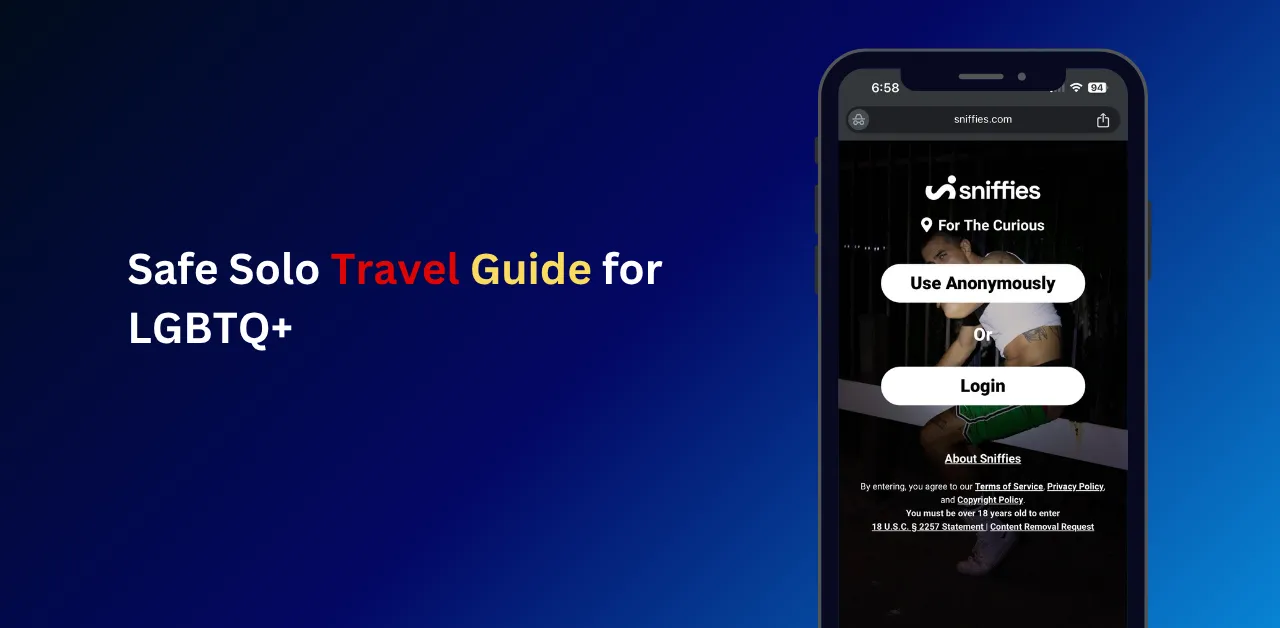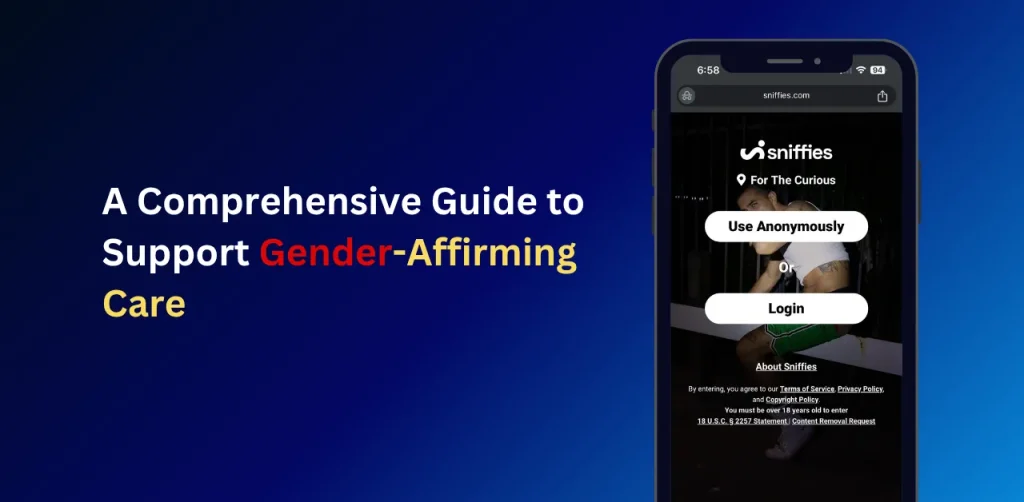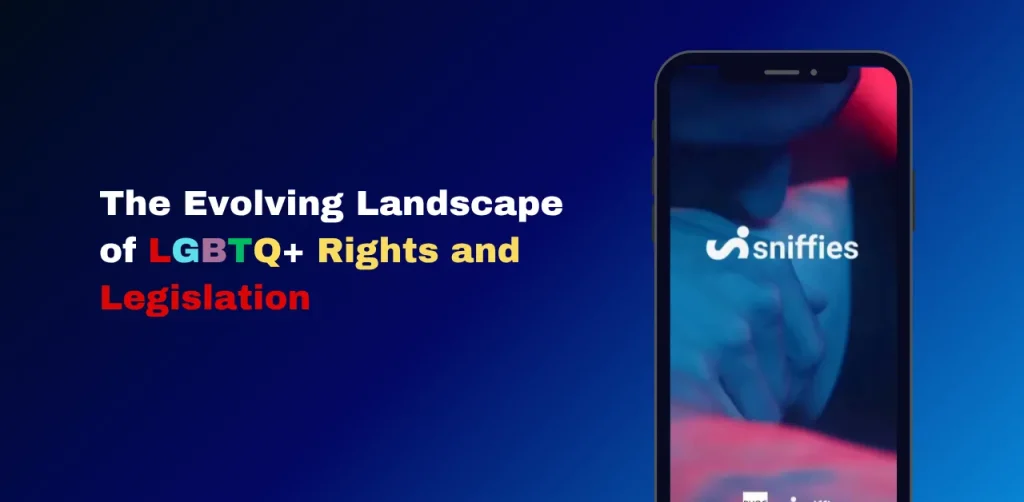Safe Solo Travel Guide for LGBTQ+ | Best Destinations

Traveling solo is an exhilarating way to explore the world, offering freedom, adventure, and personal growth. For members of the LGBTQ+ community, however, solo travel can come with unique challenges. With over 60 countries still criminalizing same-sex relations and varying levels of acceptance even in progressive nations, being informed is crucial. This guide equips you with practical tools and knowledge to travel safely and confidently, ensuring your solo adventures are memorable and secure. From researching destinations to connecting with communities, we’ve got you covered. Let’s dive in!
Researching Your Destination as Solo Travel Guide for LGBTQ+
Before packing your bags, thorough research is key to a safe and enjoyable trip. Understanding local laws and cultural attitudes toward the LGBTQ+ community can significantly impact your experience.
- Know the Laws: Laws vary widely. Some countries criminalize same-sex relations, while others lack anti-discrimination protections. The All Gay Long Worldwide Travel Map categorizes countries by safety, from “Death, life imprisonment, or torture” (dark red) to “Gay marriages legal and performed” (green).
- Check Travel Advisories: Government resources like the U.S. Department of State provide safety information specific to LGBTQ+ travelers, including legal risks and cultural insights.
- Safety Rankings: The LGBTQ+ Travel Safety Index ranks countries based on safety for LGBTQ+ travelers. Top destinations include Canada, Sweden, Netherlands, Malta, and Norway.
| Rank | Country | Safety Notes |
|---|---|---|
| 1 | Canada | Legal protections, widespread acceptance |
| 2 | Sweden | Gay marriage legal, progressive culture |
| 3 | Netherlands | Strong anti-discrimination laws, open society |
| 4 | Malta | Legal protections, welcoming environment |
| 5 | Norway | Gay marriage legal, inclusive culture |
Use these resources to choose destinations where you can travel with greater peace of mind.
Safety Tips for Solo LGBTQ+ Travelers
Safety is paramount when traveling alone, especially for LGBTQ+ individuals. These tips can help you stay secure:
- Share Your Itinerary: Inform trusted friends or family about your travel plans, including accommodation details and expected return dates. Consider sharing your phone’s location for added security.
- Personal Protection: In some destinations, carrying personal protection like pepper spray may be allowed (check local laws and TSA regulations).
- Understand Local Attitudes: Public displays of affection (PDA) may be risky in some areas. Research cultural norms to gauge how open you can be about your identity.
- Emergency Contacts: Know local emergency numbers and contacts for LGBTQ+ organizations or your embassy for support in a crisis.
- Digital Safety: Be cautious with dating apps or social media. Avoid sharing your location publicly and consider using a VPN in countries with strict internet regulations.
Finding LGBTQ+-Friendly Accommodations and Tours
Choosing welcoming accommodations and tours enhances safety and enjoyment. Here’s how to find inclusive options:
- LGBTQ+-Focused Properties: Platforms like IGLTA list hotels, resorts, and hostels catering to the LGBTQ+ community, ensuring a safe and inclusive stay.
- Gayborhoods: Many cities have LGBTQ+-friendly neighborhoods, or “gayborhoods,” like the Castro in San Francisco or Soho in London. Research these areas for a sense of community.
- LGBTQ+ Tours: Companies like Vacaya, Atlantis Events, and Olivia Cruises offer group tours tailored for LGBTQ+ travelers, blending safety with social opportunities.
| Tour Operator | Focus | Website |
|---|---|---|
| Vacaya | Gay men and allies | https://www.rainbowgetaways.net/vacaya |
| Atlantis Events | Gay men | https://www.rainbowgetaways.net/atlantis-events |
| Olivia Cruises | Lesbian women | https://www.olivia.com/ |
Pro Tip: Budget-conscious travelers can opt for LGBTQ+-friendly hostels, which offer affordability and opportunities to connect with other queer travelers.
Connecting with the Local LGBTQ+ Community
Building connections with local LGBTQ+ communities can make your trip safer and more enriching:
- Local Meetups and Events: Use apps like Meetup or check local listings for LGBTQ+ events, such as pride festivals, bar nights, or community gatherings.
- Social Media: Follow local LGBTQ+ influencers or join travel-focused Facebook groups for insider tips and connections. For example, groups like “Queer Travel” on Facebook can be invaluable.
- Travel Groups: Joining a group tour, even briefly, provides companionship and safety in numbers. Companies like Queer Adventurers offer community-driven travel experiences.
Example: A solo traveler in Berlin connected with a local queer hiking group via Instagram, leading to a safe and memorable day trip to the Grunewald Forest.
Legal Considerations
Navigating the legal landscape is essential for safe travel:
- Local Laws: Research whether same-sex relations are legal, if anti-discrimination laws exist, or if same-sex marriages are recognized. The All Gay Long map provides a quick overview.
- Handling Legal Issues: If you encounter legal trouble, contact your embassy immediately. Keep their contact information handy, as advised by the U.S. Department of State.
- Documentation: Ensure travel documents are in order. Transgender travelers should note that some countries may not recognize non-binary gender markers on passports, as highlighted by GOV.UK.
Note for Trans Travelers: Be prepared for additional questioning at borders if using binders or prosthetic devices. Answer questions straightforwardly and request a supervisor if needed, per Asher Fergusson’s guide.
Health and Well-being
Your physical and mental health are vital during travel:
- Healthcare Access: Research LGBTQ+-friendly healthcare providers, especially for needs like hormone therapy or STI prevention. Resources like Alturi can help identify knowledgeable providers.
- Mental Health: Traveling in less accepting environments can be stressful. Have a plan, such as access to hotlines or apps like Talkspace, for mental health support.
- Travel Insurance: Verify that your insurance covers LGBTQ+-specific needs, such as hormone therapy or emergency care. Confirm coverage before departure.
| Health Consideration | Action Item |
|---|---|
| Healthcare Access | Research LGBTQ+-friendly providers |
| Mental Health | Identify support resources (hotlines, apps) |
| Travel Insurance | Confirm coverage for specific needs |
Statistic: According to the Business Travel Show Europe, 95% of LGBTQ+ business travelers conceal their sexual orientation in certain destinations to protect their safety, underscoring the need for mental health preparedness.
Solo Travel Safe for LGBTQ+ Travelers?
Yes, with preparation. Research destinations, use safety apps, and connect with local queer communities to stay secure.
What Are the Safest Countries for LGBTQ+ Travelers?
The Netherlands, Canada, New Zealand, Spain, and Australia offer strong legal protections and inclusive cultures.
How Can Transgender Travelers Ensure Safety?
Use apps like TransSafe, research local laws, and book accommodations with strong privacy policies.
Where Can I Find LGBTQ+-Friendly Stays?
Platforms like misterb&b and Booking.com’s “LGBTQ+ Friendly” filter highlight inclusive options.
Conclusion
Solo travel as an LGBTQ+ individual requires careful planning, but the rewards are immense. By researching destinations, prioritizing safety, choosing inclusive accommodations, connecting with communities, understanding legal risks, and caring for your health, you can travel with confidence. The world is full of wonders waiting to be explored—travel proudly, stay safe, and create unforgettable memories!
For more information, explore our latest article Best LGBTQ+ Friendly Travel Destinations and Top Gay Travel Destinations






